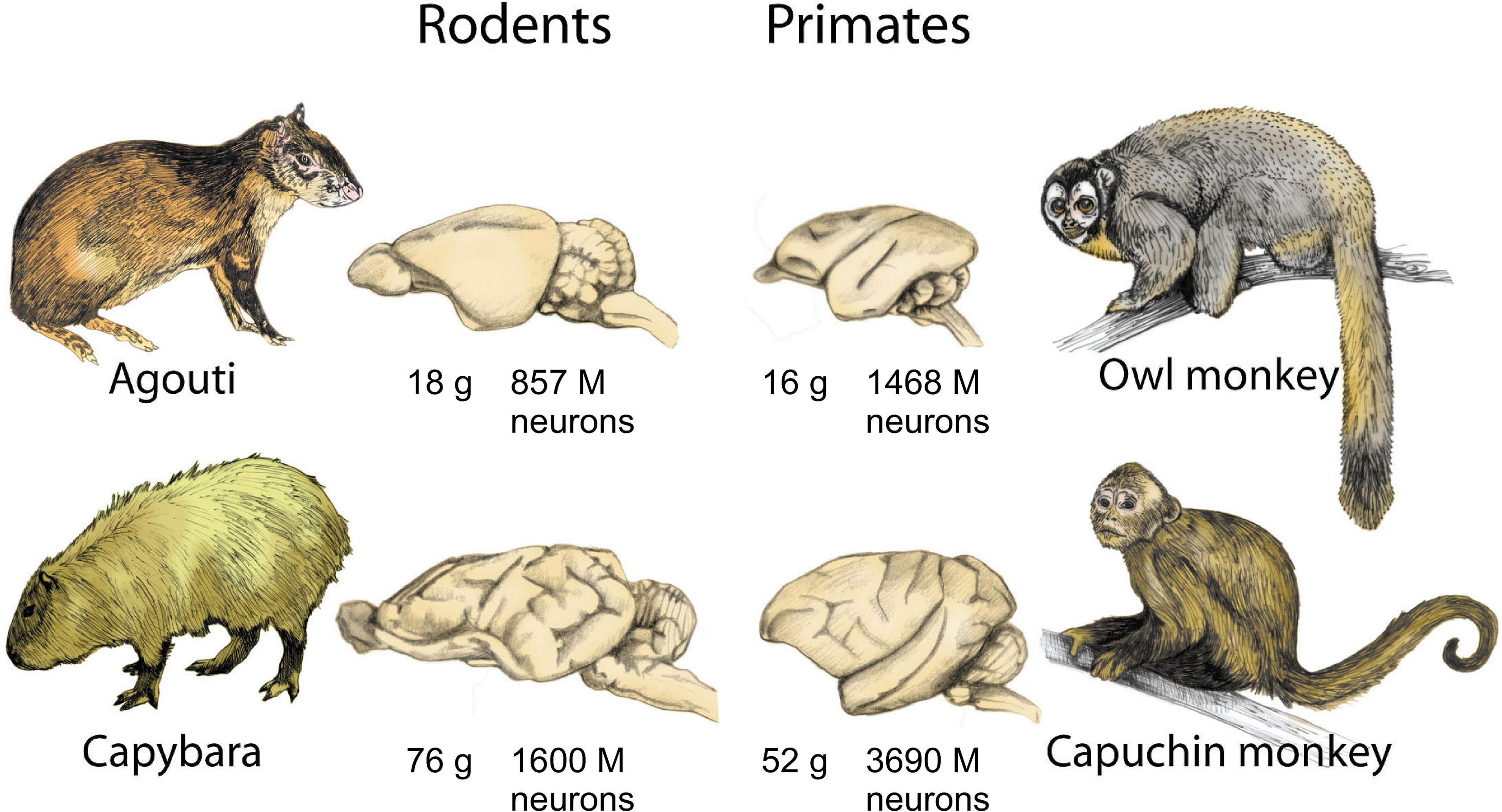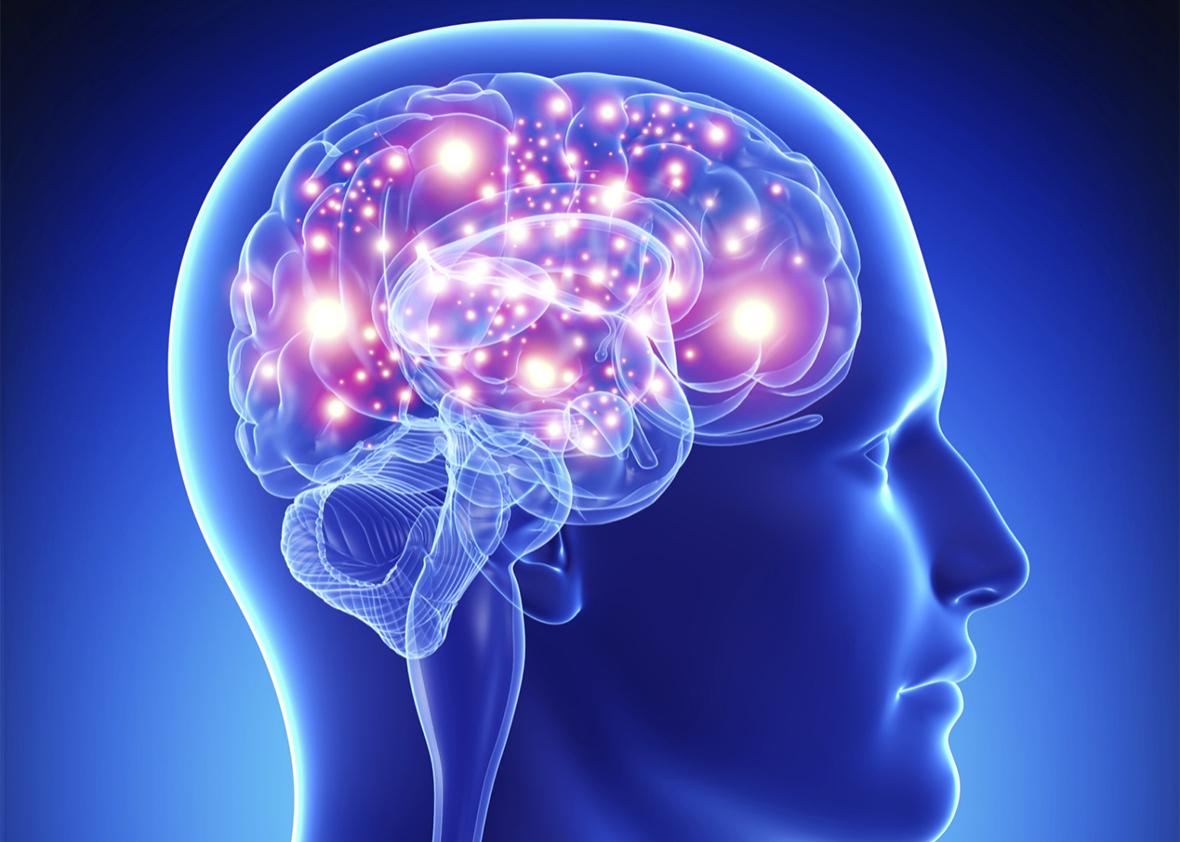

Cerebellar damage produces disorders in fine movement, equilibrium, posture, and motor learning in humans.

The human cerebellum does not initiate movement, but contributes to coordination, precision, and accurate timing: it receives input from sensory systems of the spinal cord and from other parts of the brain, and integrates these inputs to fine-tune motor activity. It may also be involved in some cognitive functions such as attention and language as well as emotional control such as regulating fear and pleasure responses, but its movement-related functions are the most solidly established. In humans, the cerebellum plays an important role in motor control. Although usually smaller than the cerebrum, in some animals such as the mormyrid fishes it may be as large as it or even larger. The cerebellum (Latin for "little brain") is a major feature of the hindbrain of all vertebrates.


 0 kommentar(er)
0 kommentar(er)
